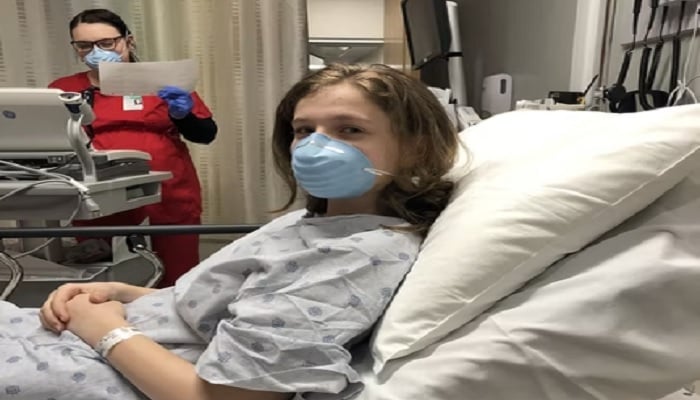Doctors transplant kidneys into children without immune suppressing drugs
Doctors remove one of cell lines which lead to rejection of transplanted organ attacking body
June 29, 2022

- Physicians perform kidney transplants without using immune-suppressing drugs.
- Scientists use technique called “dual immune/solid organ transplant".
- Parents donate both bone marrow stem cells and a kidney to their child.
Experts at Stanford University treated three children with a genetic disorder that causes kidney failure without the use of anti-rejection drugs or treatments, Healthline reported.
Schimke immuno-osseous dysplasia (SIOD) causes a weakened immune system and kidney disease.
The parents of all three children donated their bone marrow stem cells and kidneys.
In a press release, Dr Alice Bertaina, associate professor of paediatrics at the Stanford University Lucile Packard Children’s Hospital, said: “Safely freeing patients from lifelong immunosuppression after a kidney transplant is possible."
For the majority of organ transplants, physicians need to execute a battery of tests to ensure that the donated organ would not be rejected by the patient's body.
This is because if the transplanted organ is rejected, it attacks the body. The phenomenon is called graft verse host disease (GvHD).
To avoid any mishap, patients are given immune-suppressing drugs beforehand.
“The problem with transplantation is dealing with the body’s immune system as the body has cells that attack in transplantation,” Dr Amit Tevar, Associate Professor of Surgery and Director of the Kidney and Transplant Program at the Starzl Transplant Institute at the University of Pittsburgh Medical Center, said.
In this medical breakthrough, scientists used a technique called “dual immune/solid organ transplant".
Doctors removed one of the cell lines which leads to GvHD.
“This technique has been attempted several times in the past, but this is the first time it really has been successful,” Tevar told Healthline. “First, we have never seen this in children and secondly, without the use of anti-rejections medications, these kidneys will be more durable over the years, which is promising for the future."









